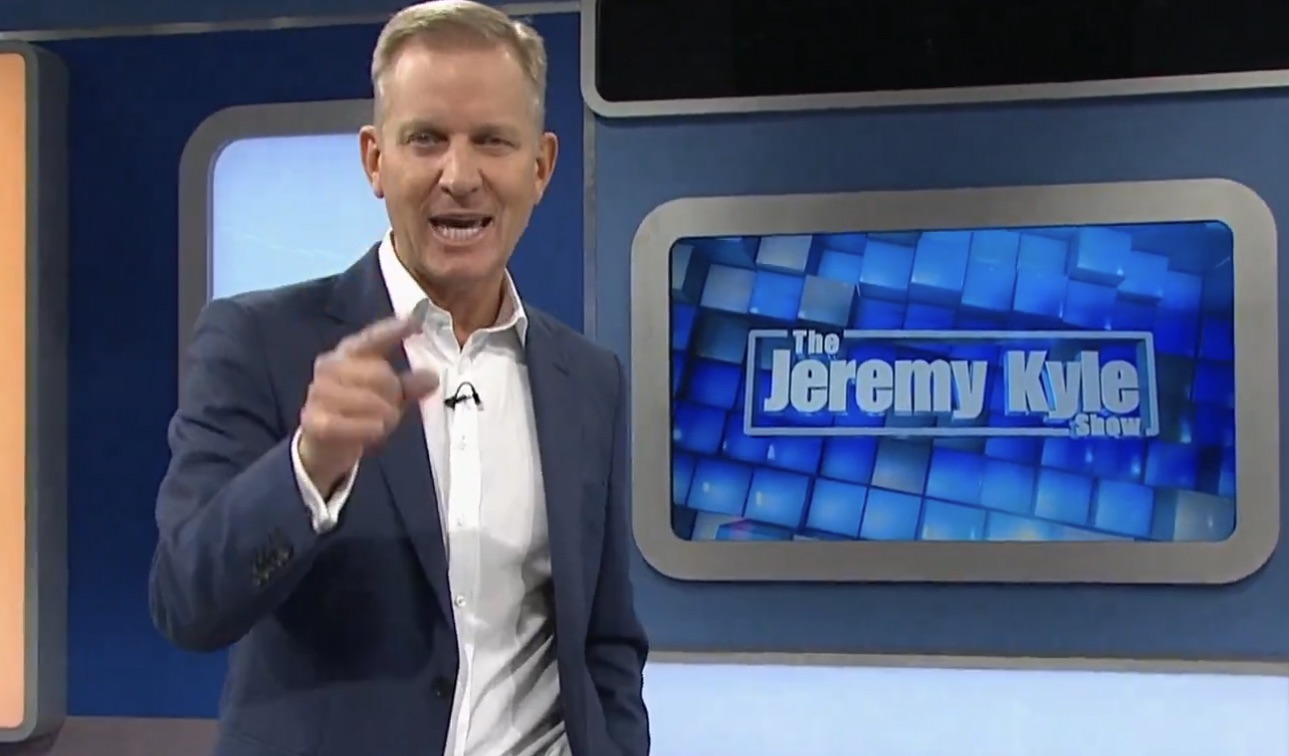This week Jeremy Kyle has given evidence at an inquest into the death of Steve Dymond, who appeared as a guest on Kyle’s show seven days before his suicide in May 2019. The programme was taken off air shortly after, and is now generally remembered not for being ITV’s most popular daytime show while it was broadcast, but as one of the worst examples of the exploitative power of reality TV.
It is true that rewatching The Jeremy Kyle Show makes for deeply uncomfortable viewing now: Kyle goading philandering partners and neglectful parents in front of a heckling crowd is not only unnecessarily cruel, but deeply classist. The show undoubtedly perpetuated crude stereotypes of working-class people, presenting them as unstable, idle and irresponsible. In one scene in the Channel 4 documentary Jeremy Kyle Show: Death on Daytime, the presenter referred to his guests as “thick as shit”.
Despite the show only ending five years ago, in many ways its blatant humiliation of vulnerable people seems a relic of a bygone age, during which poverty porn was not only accepted but popular. One only needs to think about other schadenfreude-inducing spectacles such as Channel 4’s Benefits Street or Channel 5’s show on bailiffs, Can’t Pay? We’ll Take It Away!
Yet we should not be too quick to take the moral high ground here. It’s all too easy to see ourselves nowadays as modern, socially conscious audiences, and to preach about how far we have come from the dark ages of this century’s first two decades, with their trashy magazines, tailgating paparazzi and unethical entertainment. But the truth is that social media has become the new tabloid talk show, and our urge to pick apart private dramas and public breakdowns is just as toxic as ever. In fact, it may be even worse: social media allows you to become an active participant, rather than just an observer sneering from your sofa.
Take Twitter/X for example, where public shaming and pile-ons give users the same sick thrill that watching Kyle’s show did. Just like the programme, X thrives on conflict, and a scroll through any spat on the platform carries all the same features you’d expect to find in a Jeremy Kyle script: nasty language, cheap insults, black-and-white stances on who is “right” and who is “wrong”, mental distress and vulnerabilities mocked or — worse — turned into a meme. The baying online crowds can be just as classist (consider the derision directed at the “four lads in jeans” photograph) and just as voyeuristic when it comes to others’ suffering (look at the true crime brigade).
Social media is also even more dangerous than reality TV because it encourages users to be vulnerable: to mine their traumas for content, to fetishise sadness, to share the intimate details of their lives in the name of mental health outreach. There is even a word for this emotional clickbait: “sadfishing”. While some users may receive sympathetic comments and reactions, many may accidentally find themselves in a hot seat that is even less regulated, and nastier, than The Jeremy Kyle Show. The medium may have changed, but our guilty pleasures have not. We should think twice before assuming that what made Jeremy Kyle so successful is a thing of the past.











Join the discussion
Join like minded readers that support our journalism by becoming a paid subscriber
To join the discussion in the comments, become a paid subscriber.
Join like minded readers that support our journalism, read unlimited articles and enjoy other subscriber-only benefits.
Subscribe